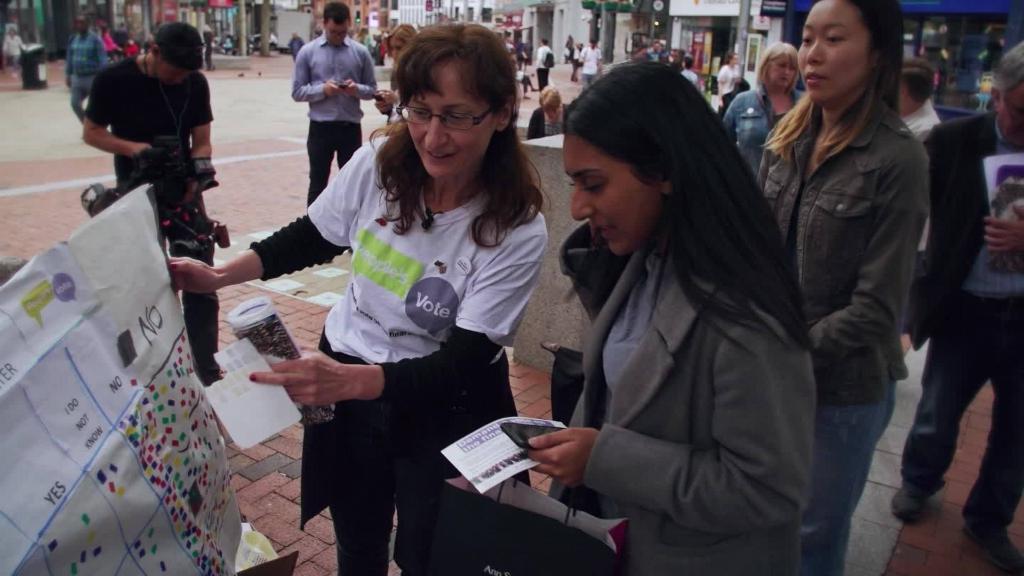
Investment in the UK auto industry has halved because of concerns that Brexit could cripple carmakers and force them to close factories.
The Society of Motor Manufacturers and Traders said Tuesday that investment in new models, equipment and facilities in the United Kingdom was £347 million ($460 million) in the first half of the year, compared to £647 million ($860 million) in the same period of 2017.
The dramatic decline underscores fears that customs checks resulting from Britain's departure from the European Union could hold up parts shipments needed to keep auto factories running smoothly.
BMW, which makes the iconic Mini at a factory near Oxford, warned on Monday that delays would result in plant closures.
"We always said we can do our best and prepare everything, but if at the end of the day the supply chain will have a stop at the border, then we cannot produce our products in the United Kingdom," BMW customs manager Stephan Freismuth told the Financial Times.
A spokesperson for the German company confirmed the accuracy of the comments, but said that BMW (BMWYY) remained committed to its manufacturing operations in Britain as it works through "a range of possible Brexit outcomes and their potential impact on our business."
"Clearly if parts cannot physically get to a factory at the expected time, that factory will not run as smoothly and reliably as is desirable," the spokesperson said in a statement.
Big businesses are beginning to go public with stark warnings about the dire consequences of a messy Brexit as the clock ticks down to March 2019.
Related: Banks are not ready for Brexit, says top regulator
Airbus (EADSF) said last week that it could be forced to quit the country if there's no deal on EU trading arrangements. Earlier in June, the head of Britain's top business lobby group said the country's car industry could be wiped out.
"If we do not have a customs union, there are sectors of manufacturing society in the UK which risk becoming extinct," said Paul Drechsler, president of the Confederation of British Industry. "That is the reality."
Car manufacturers, which rely on complicated global supply chains, are worried that Brexit will lead to new trade barriers and delays at the borders. About 45% of the cars made in Britain are exported to the European Union.
BMW employs 8,000 people in the United Kingdom, its fourth largest market. Nissan (NSANF), Toyota (TM), Honda (HMC) and Jaguar Land Rover also have major production facilities in Britain.
There are just over nine months to go before Brexit, but Britain has not yet secured a deal that eliminates the risk that goods will be subject to checks at the border, or even import tariffs.
Industry wants government to rethink Brexit
The British government has yet to agree a proposal for how to avoid customs checks at the UK-EU border, let alone win EU approval.
SMMT said it wanted "swifter progress on Brexit and a deal that, as a minimum, maintains customs union membership and delivers single market benefits."
Avoiding delays at the border is particularly crucial for auto manufacturers, which rely on the timely delivery of parts from across the European Union. According to SMMT, more than 1,100 trucks bring components to Britain from the European Union each day.
"Our message to government is that until it can demonstrate exactly how a new model for customs and trade with the EU can replicate the benefits we currently enjoy, don't change it," SMMT chief executive Mike Hawes said in a statement.
Related: Two years in, Brexit is hurting the UK
Nearly half of EU business executives have already reduced investment in the United Kingdom following the Brexit referendum in June 2016, according to a survey published Monday by law firm Baker McKenzie. Some 46% of respondents have already seen disruptions to their supply chains.


